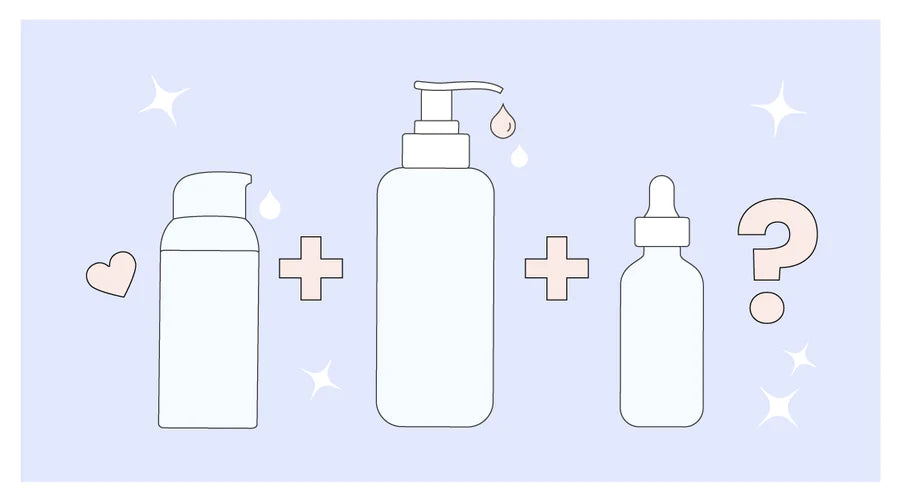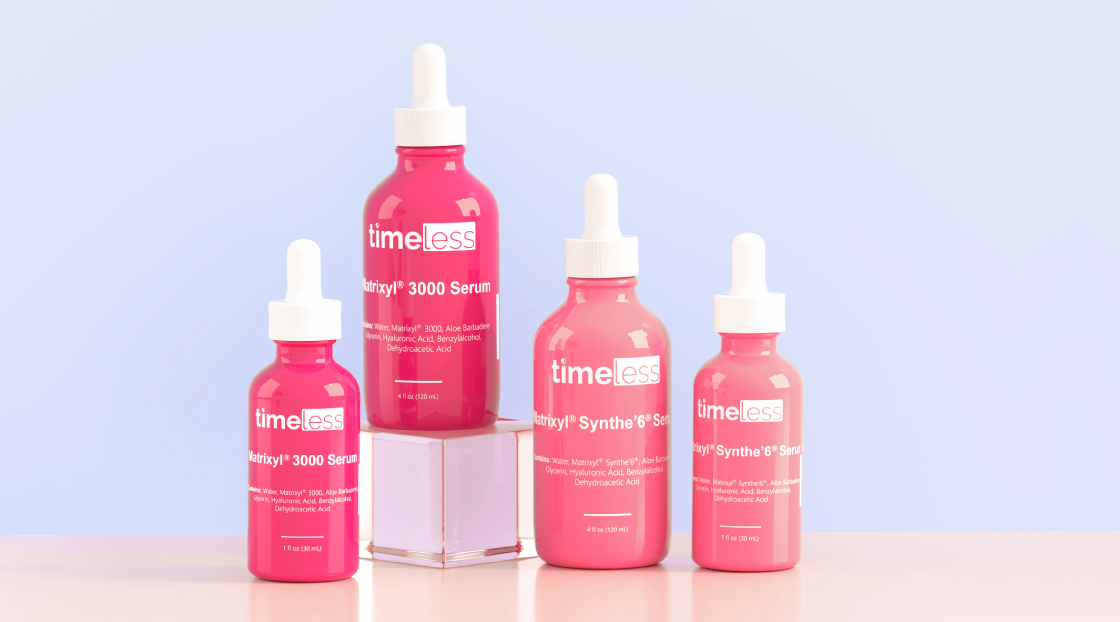Wrinkles are a natural part of the aging process. However, there are many factors that contribute to the visible signs of aging with the primary being sun exposure and one’s genetic background. Some people may not notice visible wrinkles until much later in life while others notice wrinkles early in life. This begs the question, “What causes wrinkles to form?” By understanding the contributing factors for wrinkles, you can help to avoid contributing to the causes that result in wrinkles.
Serums have become every skincare enthusiast’s best friend, and a kind of secret weapon for getting clear, glowing, plump skin, no matter what skin type you have. Serums are made up of high concentrations of active ingredients, with smaller molecular structures so they can penetrate deep into the skin. They often target specific skin concerns, such as wrinkles, blemishes, dull skin, or loss of firmness, to name a few!













